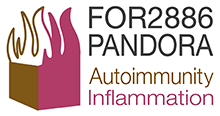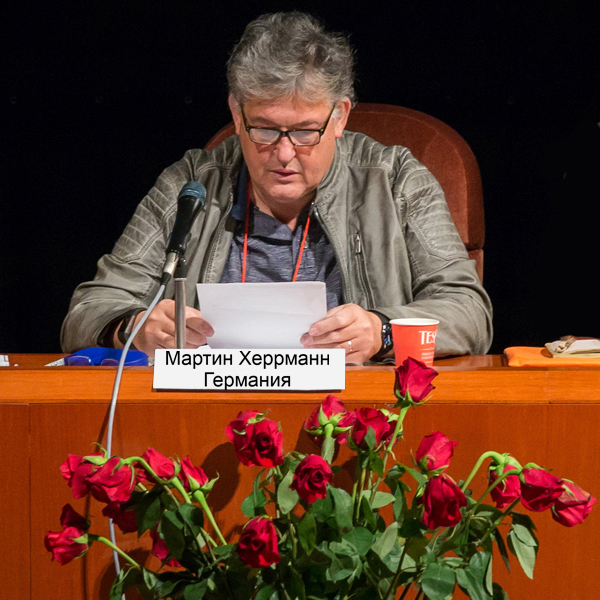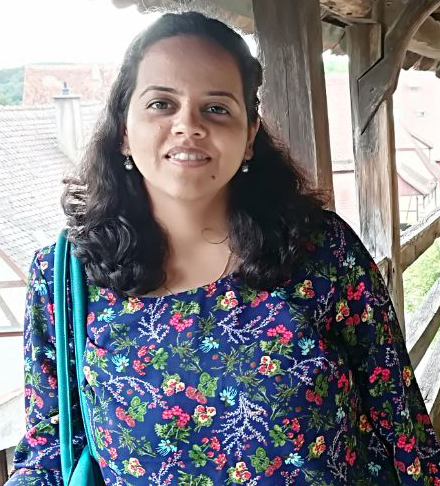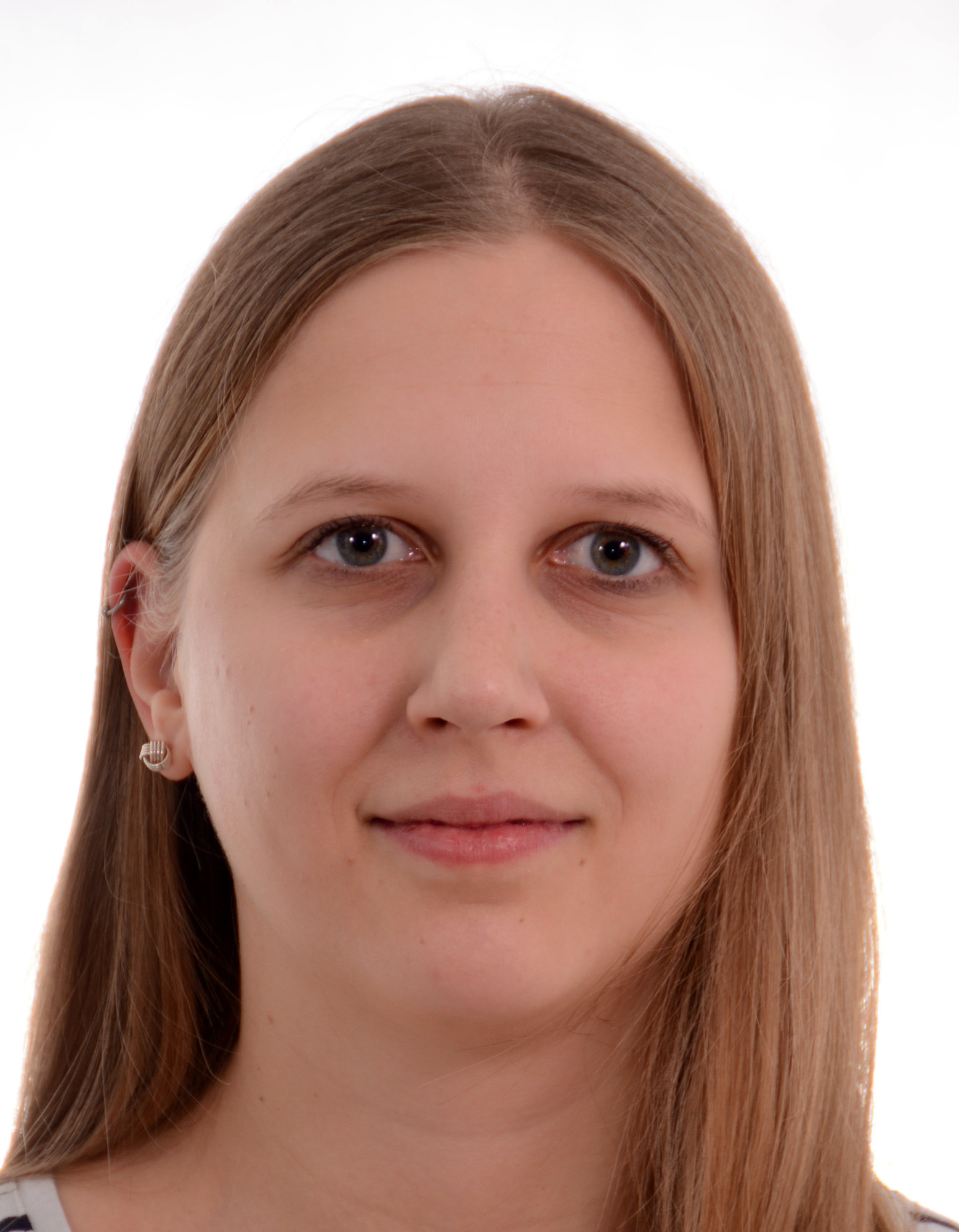(Project B3)
2019-2022 (1st funding period): Sodium as factor controlling the threshold of autoimmune arthritis
Sodium concentration in the extracellular milieu reportedly affects key aspects of both the innate and the adaptive immune response. However, a potential role of sodium and tissue tonicity during induction of autoimmunity and inflammation in experimental arthritis and human rheumatoid arthritis (RA) is still elusive.
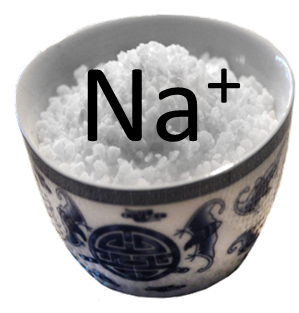
We have shown that feeding high salt diet increases skin tonicity in mice and simultaneously fosters both pathogen-triggered inflammation as well as sterile inflammatory processes such as zymosan-induced arthritis. Although underlying molecular mechanisms are still incompletely understood, p38-dependent activation of NFAT5/TonEBP/OREBP and altered transcription of osmo-protective genes are likely to be cardinally involved. The aim of this project is to analyze the role of tissue tonicity in the induction and onset of the inflammatory response in arthritis, where we will mechanistically focus on its impact on neutrophils and neutrophil extracellular trap formation and aggregation.
Apl. Prof. Dr. rer. nat. Dr. med. habil. Martin Herrmann
Department of Medicine 3
Chair of Medicine III (Prof. Dr. Schett)
- Phone number: +49 9131 85-36990
- Email: martin.herrmann@fau.de
Dr. rer. nat. Leticija Zlatar
Klinikum - Zentrale Einrichtungen und Zentren
Center for Clinical Studies CCS
- Phone number: +49 9131 85-47036
- Email: leticija.zlatar@uk-erlangen.de
Aparna Mahajan
Department of Medicine 3
Chair of Medicine III (Prof. Dr. Schett)
- Phone number: +49 9131 85-24787
- Email: aparna.mahajan@uk-erlangen.de
Dr. rer. nat. Jasmin Knopf
Department of Medicine 3
Chair of Medicine III (Prof. Dr. Schett)
- Phone number: +49 9131 85-24787
- Email: jasmin.knopf@uk-erlangen.de
